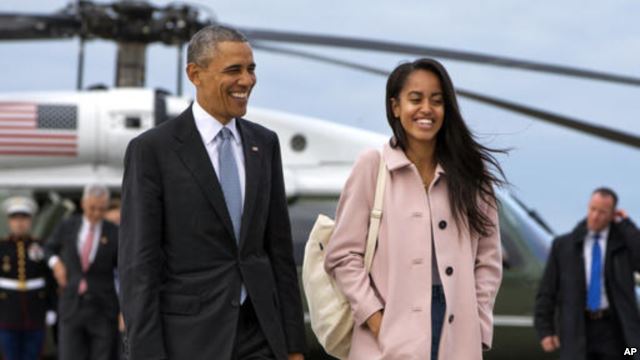B1 – Intermediate
Almost everyone belongs to a family. We can’t imagine to exist without someone else who cared for us when we were young. We need a family.
What else is the meaning of family to you? The following article lets you know the response of other teens and young adults about how their families make them happy.
Read the article below and be ready to answer the questions that follow.
What makes teens and twenty-somethings happy? According to a survey, spending time with family made people in this age group the most happy. Time with friends came in second place, and time with a boyfriend or girlfriend came in third place. Almost no one said money brought happiness.
Seventy-three percent said that a good relationship with their parents made them feel good. In addition, when they looked for a role model, almost half of the people who took the questionnaire mentioned one of their parents. Moms ranked higher than dads, though.
Some of the discoveries were less positive. White people generally felt happier than black people or Hispanics in all economic categories. And as for stress, kids had a 10% higher rate than adults. Younger respondents said school stressed them out the most. Older people were worried about jobs and finances.
The survey also wanted to know whether today’s youth will remain happy in the future. Sixty-two percent of teens believed the future will bring more happiness. However, they also expect to have a more difficult life than their parents.
Source: headsupenglish.com
Discussion Questions:
- What are the top three things that make you happy? Why are they the most important things to you?
- Who is your role model in life? Why do you look up to them?
- What are some things that worry or stress you out? Why are you stressed out by this?
- Do you think the future will bring more happiness for everyone? Why or why not?
- Do you agree or disagree that we could have a more difficult life than our parents? Elaborate on your stand.
